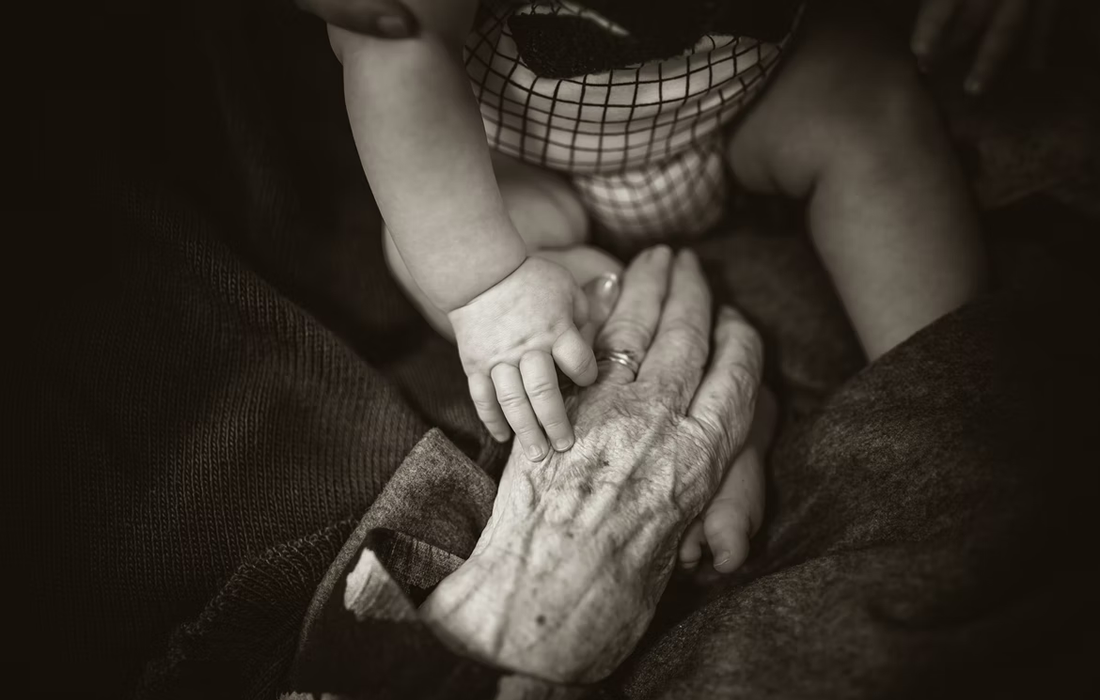Anti-Aging
New Theory for Aging
A new study has uncovered how genetic changes accumulate slowly in blood stem cells throughout life and how they are likely responsible for the dramatic change in blood production after the age of 70.
Age-related change in human hematopoiesis causes reduced regenerative capacity, cytopenias, immune dysfunction, and increased risk of blood cancer. However, the reason behind this has remained unclear for years.
In a recently published study, researchers have sequenced 3,579 genomes from single cell-derived colonies of hematopoietic cells across 10 human subjects from 0 to 81 years of age, identifying somatic mutations contained in each cell. The study appears in the journal Nature.
“Selfish Stem Cells”
The team used family trees of each person’s blood stem cells and found that these family trees changed dramatically after the age of 70. The production of blood cells in adults aged under 65 came from 20,000 to 200,000 stem cells, each of which contributed in roughly equal amounts. In contrast, those 70 years or older had an unequal production of blood cells.
They also observed that patients 70 years or older had as few as 10 to 20 stem cell clones, contributing as much as half of all blood production in every elderly individual studied. These highly active stem cells had progressively expanded in numbers across the person’s life, caused by a rare subset of somatic mutations, called driver mutations.
Their results led to a proposal of a new model of aging, in which age-associated changes in blood production come from somatic mutations that cause “selfish” stem cells to dominate the bone marrow in the elderly.
The results can explain why disease risks, such as cancer and immune deficiencies are more commonly seen as we age.
Source:
Wellcome Trust Sanger Institute. “Cellular secrets of aging unlocked by researchers.” ScienceDaily. ScienceDaily, 1 June 2022.
<www.sciencedaily.com/releases/2022/06/220601111729.htm>.
Mitchell, E., Spencer Chapman, M., Williams, N. et al. Clonal dynamics of haematopoiesis across the human lifespan. Nature (2022). https://doi.org/10.1038/s41586-022-04786-y
Image from:

